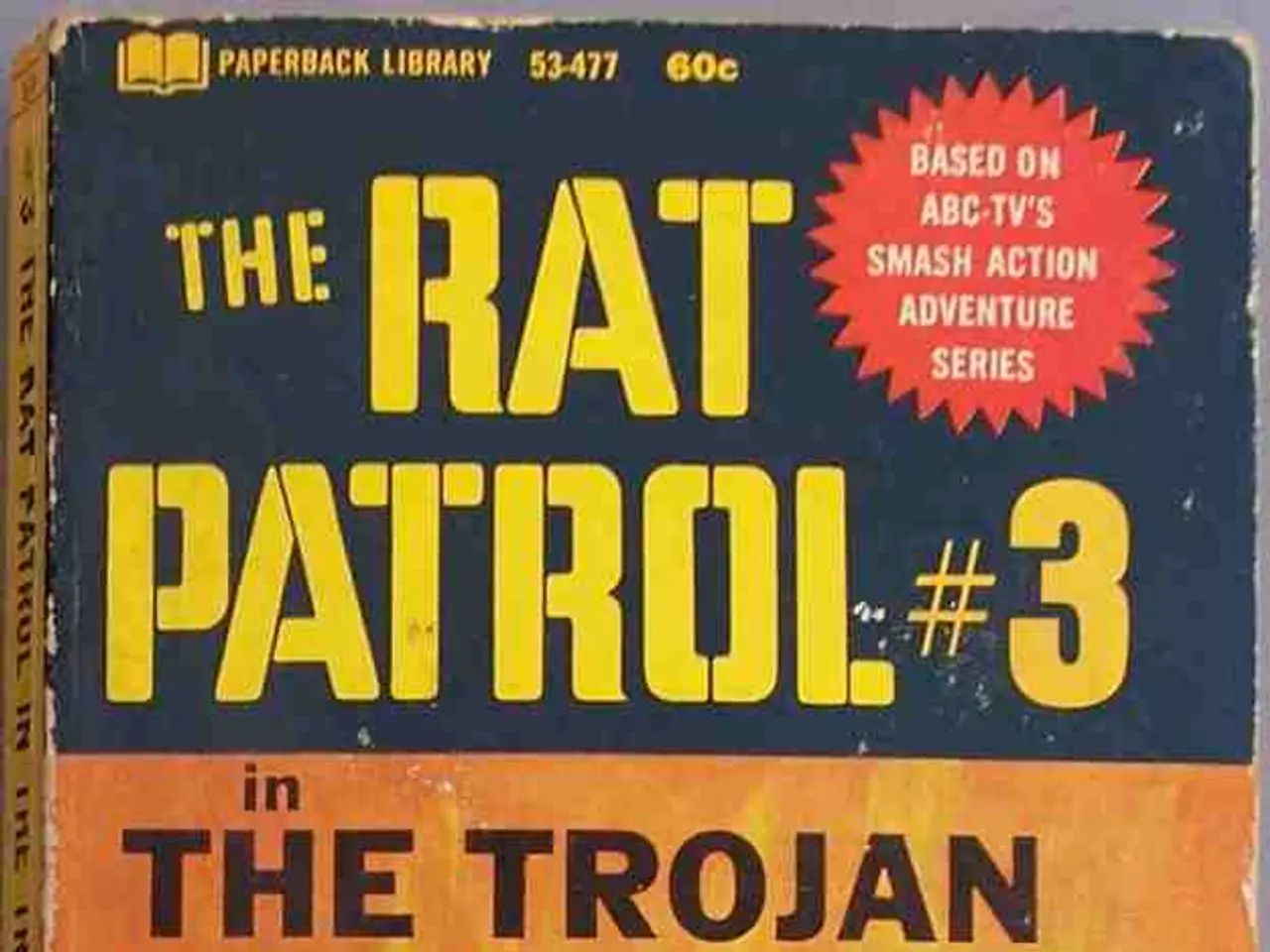A shameful incident involving alcohol scandal has tarnished the reputation of the Russian Military
In a recent development, a court in Russia's Ust-Yansky District has found a man named N. guilty for using an extremist slogan against the Armed Forces. The incident took place on June 15, in a dormitory, where N. was with friends under the influence of alcohol.
The legal context in Russia regarding extremist slogans related to the Armed Forces is strict and often broad. Materials or statements deemed "extremist"—which can include content that discredits or challenges the Russian military—are subject to criminal penalties, fines, and censorship. This framework is part of a larger campaign to control political expression, with new legislation punishing the deliberate search for extremist content and banning books or statements labeled extremist, such as opposition memoirs [1][2].
In this case, N., who considers himself a patriot of Russia, used a slogan that is a slogan of extremist organizations banned in Russia during his conflict with security guards from a private company. The court stated that the prohibited greeting N. uttered discredited the Armed Forces of the Russian Federation.
The use of extremist slogans or statements can lead to severe consequences, including detention, questioning by security forces, forced psychiatric treatment, or criminal prosecution. This applies even to minors, with reports of underage individuals in occupied territories being prosecuted for extremist or nationalist expressions [3].
The court's decision suggests that what a sober person might only think, a drunk person might say out loud. The conflict occurred in response to offensive words from the security guards. The slogan was reported by "Torboznoe Radio" on June 15, and the case was initiated by the police on June 26.
N. previously served in the Russian Army, which could add a layer of complexity to the case. However, the court's decision was based on Part 1 of Article 20.3.3 of the RF Code of Administrative Offenses.
This approach fits within Russia’s wider censorship and repression framework aimed at controlling political expression and silencing critics of the government and military [1][2][3][4]. The enforcement of these laws, even in remote or less publicized cases like Ust-Yansky District, demonstrates the state’s reach and intolerance for dissent related to military matters.
[1] Human Rights Watch. (2021). Russia: New Extremism Law Targets Free Expression. https://www.hrw.org/news/2021/05/25/russia-new-extremism-law-targets-free-expression
[2] Amnesty International. (2021). Russia: New Extremism Law Will Further Crackdown on Free Speech. https://www.amnesty.org/en/latest/news/2021/05/russia-new-extremism-law-will-further-crackdown-on-free-speech/
[3] Committee against Torture. (2021). Russia: Concerns over treatment of children in occupied territories. https://www.ohchr.org/EN/NewsEvents/Pages/DisplayNews.aspx?NewsID=27103&LangID=E
[4] Reporters Without Borders. (2021). Russia: Journalists in occupied territories face threats and repression. https://rsf.org/en/news/russia-journalists-occupied-territories-face-threats-and-repression
In light of Russia's strict and broad legal context on extremist slogans that discredit the Armed Forces, the court's finding of N guilty for using such a slogan is an example of the government's efforts to control political expression, particularly in matters related to military. This conviction, part of a wider censorship and repression framework, demonstrates the state's intolerance for dissent and its reach even in less publicized cases like Ust-Yansky District.
Furthermore, the consequences of using extremist slogans, as seen in N's case, can be severe and may include criminal prosecution, aligning with general-news and crime-and-justice categories. Such cases highlight the significance of Russia's legislation on extremist content, a subject of ongoing debate in general-news discourse.








